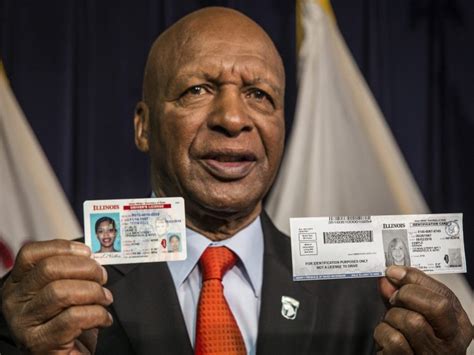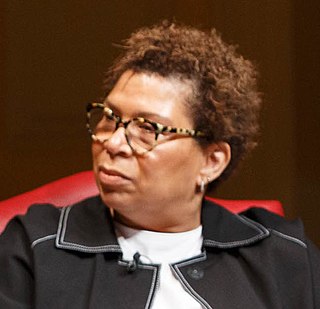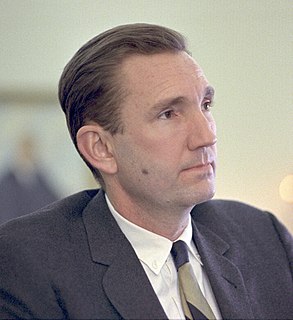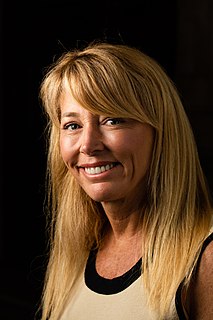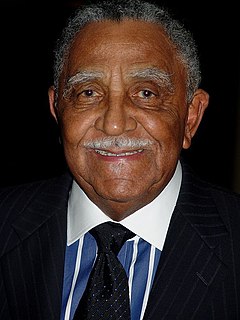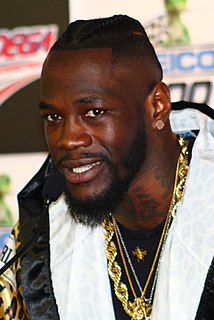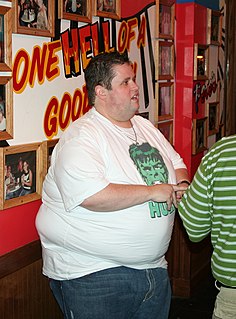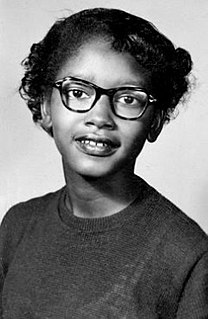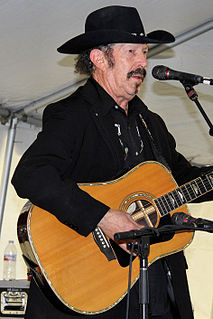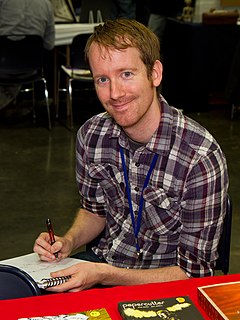A Quote by Jesse White
I first met Dr. King in 1954 when I was a student at Alabama State University and a member of a local church down there. He was in town to organize a rally against public transportation. Rosa Parks had been arrested for refusing to give up her seat to a white man, which was illegal back then.
Related Quotes
I heard of Martin Luther King Jr. when I was 15 years old. I heard of Rosa Parks. And I met Dr. King in 1958 at the age of 18. I met Rosa Parks ... But to pick up a fun comic book - some people used to call them "funny books" - to pick this little book up, it sold for 10 cents, 12 pages or 14 pages? 14 pages I digested. And it inspired me. And I said to myself, "If the people of Montgomery can do this, maybe I can do something. Maybe I can make a contribution."
This is how a revolution begins. It begins when someone grows tired of standing idly by, waiting for history's arc to bend toward justice, and instead decides to give it a swift shove. It begins when a black seamstress named Rosa Parks refuses to give up her seat on a bus to a white man in the segregated South.
Rosa Parks was an unlikely person, but she became an instrument of the people's will in that community who were tired. They said she was tired from working and perhaps she was - but she herself said later that she was spiritually tired and weary of being humiliated by being asked to move back so that a white person could occupy her seat.
When I went to college, I went to a junior college. I wanted to go to the University of Alabama but had to go to junior college first to get my GPA up. I did a half-year of junior college, then dropped out and had my daughter. College was always an opportunity to go back. But she, my daughter, was my support. I gave up everything for her.
I was born in the late '70s and grew up in the deep South, and I was very much still of an era where racism was a casual part of white people's public and private lives, though it had been pushed more into its own little echo chamber by then. As a five year old, I saw a fully costumed Klan circle, complete with burning cross, on a town square in rural Alabama at high noon.
